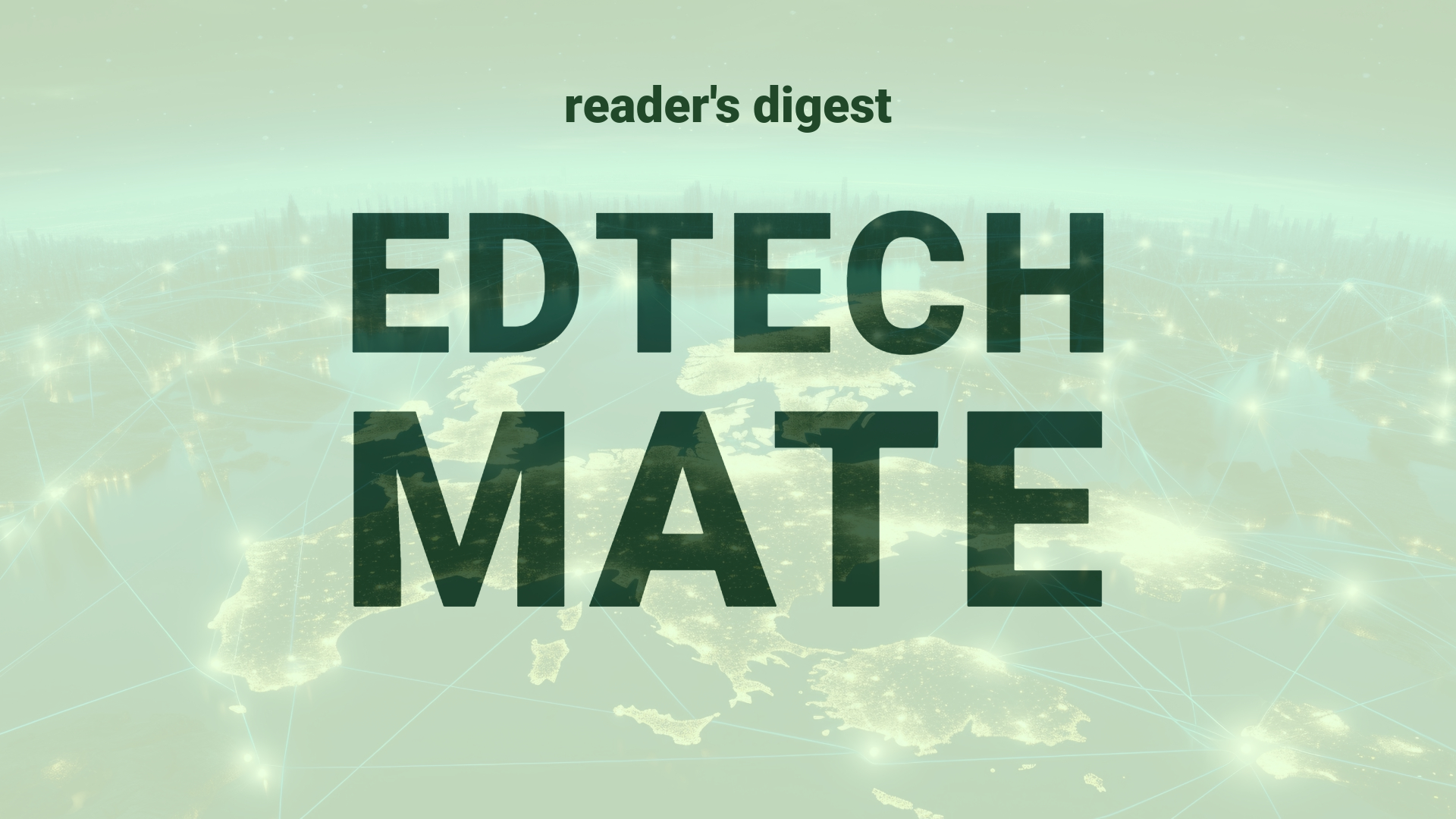Executive Summary and Main Points
The educational landscape is witnessing significant revolutions due to advancements in digital transformation, change management, and artificial intelligence (AI). Bhavani Amirthalingam—an executive with vast experience in technology and customer solutions—emphasizes that successful large-scale transformations require cross-functional teams with well-defined and integrated objectives. It is crucial for these initiatives to be regarded not merely as technology projects but as holistic organizational endeavors with customer-centric perspectives.
She identifies change management as an essential yet often underestimated component, recommending its implementation from the start of project planning. Moreover, Amirthalingam underlines the significance of leadership, especially C-suite engagement, as a vital contributor to the success of transformations. Leveraging AI and data is discussed extensively, highlighting the rapid democratization of AI, particularly large language models like ChatGPT, and stressing the importance of approaching AI integration with cybersecurity in mind.
Potential Impact in the Education Sector
In the Further Education and Higher Education domains, Amirthalingam’s insights suggest integrating AI into curricula and administration could fundamentally alter operational frameworks and student engagement strategies. The adoption of digital transformation can lead to enhanced personalized learning experiences and administrative efficiency.
For Micro-credentials, the role of data quality and governance becomes critical in creating tailored, credible, and scalable certification programs. Successful embedding of AI and strategic partnerships with tech firms can provide learners and educators with advanced tools for personalized learning paths and career development.
Potential Applicability in the Education Sector
Innovatively, AI can be employed to automate and personalize student services, create predictive models for student performance, and curate customized educational content. Acknowledging the diverse needs of global education systems, AI-driven platforms can offer scalable solutions for language translation, cultural adaptation of content, and bridging educational gaps across geographies.
Digital tools, including AI-powered analytics and chatbots, can enhance the engagement and efficiency of faculty, advisors, and support staff, allowing for a more conducive learning environment that stretches across global boundaries.
Criticism and Potential Shortfalls
While AI and digital transformation hold great promise, education systems must navigate potential hurdles such as data privacy concerns, the digital divide, and ensuring ethical AI use. Comparative international case studies reveal variations in implementation success, often tied to infrastructure maturity and cultural readiness.
Educational institutions must balance innovation with potential biases encoded within AI algorithms, ensuring that solutions are culturally sensitive and inclusive. Moreover, the risk of over-reliance on technology at the expense of human interaction and traditional learning methods warrants a measured, ethical approach.
Actionable Recommendations
To embrace these technologies effectively, international education leadership should foster a culture of continuous learning and adaptability among staff and students. Institutions should strategically invest in infrastructure that supports AI and digital tools, engage in partnerships to stay at the forefront of educational technology, and develop comprehensive change management plans that prioritize stakeholder engagement from inception to completion.
Leaders are encouraged to cultivate data literacy within their teams, ensuring that data quality is maintained for AI deployments. Lastly, it is recommended that a balance is struck between automated and personalized student interactions to retain the human element crucial to the educational experience.
Source article: https://www.cio.com/article/2128411/cio-bhavani-amirthalingam-on-driving-change-in-the-ai-era.html

